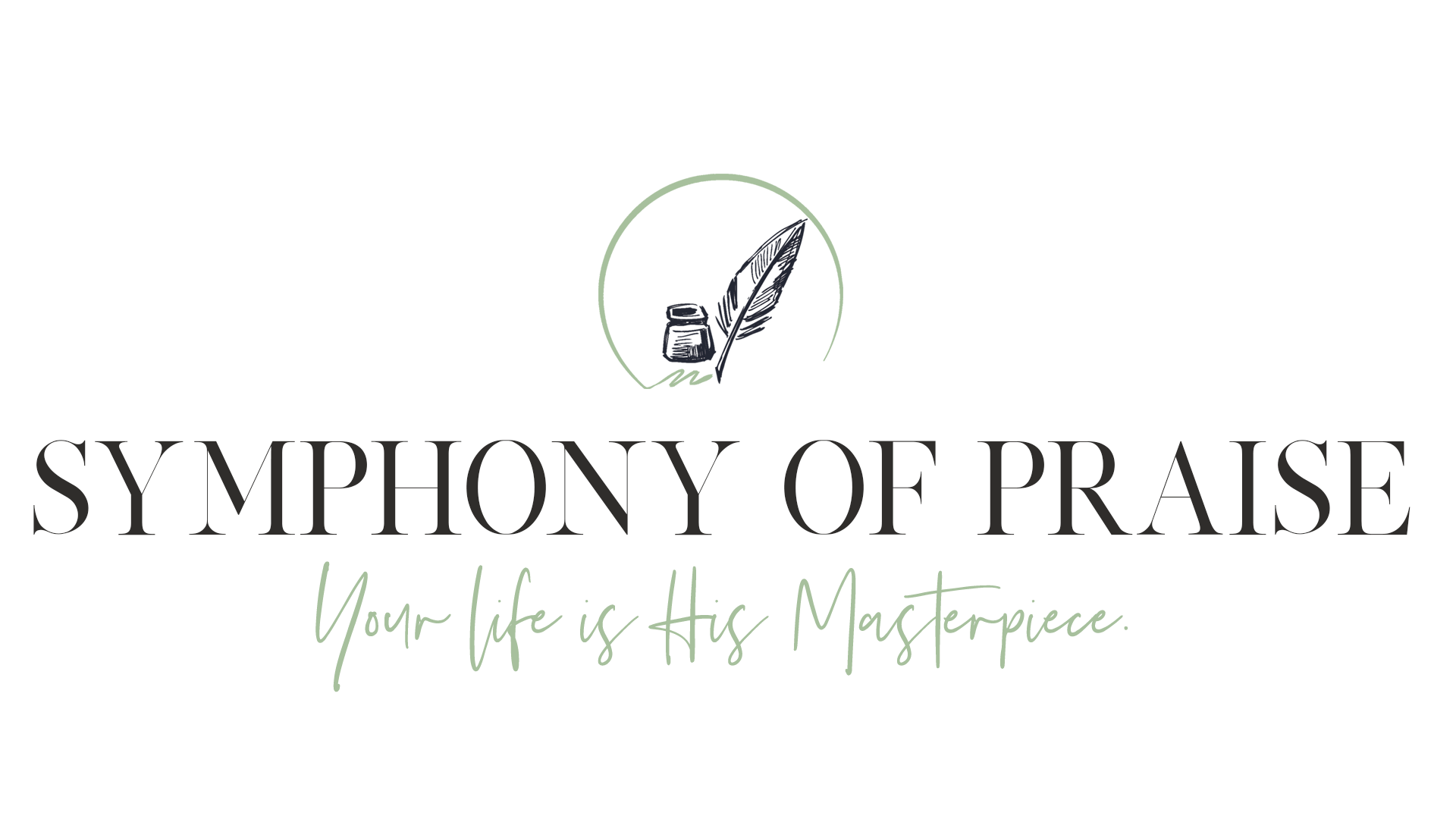Inscribe the Word . . . May Scripture Writing Plan.
Psalm 119 is such a powerful psalm. It is the longest chapter in the Bible and the longest book of Psalms. The theme of Psalms 119 is undoubtedly The Word of God. Practically every verse or stanza speaks of God’s Word and it’s importance in our lives.
I am so excited as this month, we are Inscribing Psalm 119.
Around this time of year, school is winding down, summer plans of vacations and cookouts are starting to develop, and we are spending more time out of doors being busy with family and friends.
Many of us have forgotten the days of January and New Year's excitement where we made resolutions and promises to spend more time in the Word. Some of our journals may be lying empty or half filled after “life” has taken over our personal time with the Lord.
This isn’t meant to be a condemnation so please don’t think that. This is just a reminder that we need to refocus on HIM and His Word. It is time to renew our New Year's passions and excitement for the Word, and I believe Psalm 119 is the perfect Psalm to help us fall in love with The Word and its Author.
THE AUTHOR
This Psalm is so different than many of the others in that the author is widely unknown.
Scholar David Guzik wrote of Psalm 119, “The author is unnamed; older commentators almost universally say it is a Psalm of David, composed throughout his entire life. More modern commentators often say that it is post-exilic, coming from the days of Nehemiah or Ezra . . . if [the author] were important, God would have preserved the name of David to this Psalm. No matter who wrote it, we notice that it was likely written over some period of time and later compiled, because there is not a definite flow of thought from the beginning of the Psalm to the end.” (SOURCE)
THE FLOW
Psalm 119 is written in sections and is arranged in an acrostic pattern. There are 22 letters in the Hebrew alphabet, and this Psalm contains 22 units of 8 verses each. Each of the 22 sections is given to a letter of the Hebrew alphabet, and each line in that section begins with that letter. Scholars believe the writer wrote Psalm 119 in this way so as to make it easier for memorization.
THE WORDS
Since this is a Psalm glorifying God and His Word, it refers to Scripture over and over again and there are many repetitive words that deserve to be mentioned and defined.
In this Psalm there are 8 basic words used to describe the Scriptures, God's written revelation to us. (SOURCE)
• Law (torah, used 25 times in Psalm 119): "Its parent verb means ‘teach' or ‘direct'; therefore coming from God it means both ‘law' and ‘revelation.' It can be used of a single command or of a whole body of law." (Kidner)
• Word (dabar, used 24 times): The idea is of the spoken word, God's revealed word to man. "Proceeding from his mouth and revealed by him to us." (Poole)
• Judgments (mispatim, used 23 times): "From shaphat, to judge, determine, regulate, order, and discern, because they judge concerning our words and works; show the rules by which they should be regulated; and cause us to discern what is right and wrong, and decide accordingly." (Clarke)
• Testimonies (edut/edot, used 23 times): This word is related to the word for witness. To obey His testimonies "signifies loyalty to the terms of the covenant made between the Lord and Israel." (VanGemeren)
• Commandments (miswah/miswot, used 22 times): "This word emphasizes the straight authority of what is said … the right to give orders." (Kidner)
• Statutes (huqqim, used 21 times): The noun is derived from the root verb "engrave" or "inscribe"; the idea is of the written word of God and the authority of His written word. "Declaring his authority and power of giving us laws." (Poole)
• Precepts (piqqudim, used 21 times): "This is a word drawn from the sphere of an officer or overseer, and man who is responsible to look closely into a situation and take action. . . . So the word points to the particular instructions of the Lord, as of one who cares about detail." (Kidner)
• Word (imrah, used 19 times): Similar in meaning to dabar, yet a different term. "The ‘word' may denote anything God has spoken, commanded, or promised." (VanGemeren)
THE THEME
The theme of the glory of Scripture is diligently explored in this Psalm, but always in connection with God Himself. Bible Scholar Derek Kidner remarks: "This untiring emphasis has led some to accuse the psalmist of worshipping the Word rather than the Lord; but it has been well remarked that every reference here to Scripture, without exception, relates it explicitly to its Author; indeed, every verse from 4 to the end is a prayer for affirmation addressed to Him.”
This month as we Inscribe Psalm 119 I hope you fall deeper in love with the Author of the Word. I pray that your spirit is reignited to hunger after the Word of God, and I pray that you are filled with a deeper understanding of the Word of God.
I would love to hear your thoughts on Instagram. Use #inscribetheword and let us encourage and build each other up as we Inscribe the Word.
To Download your May 2017 Inscribe the Word plan, CLICK HERE.
CLICK HERE to download your KIDS' Plan.














